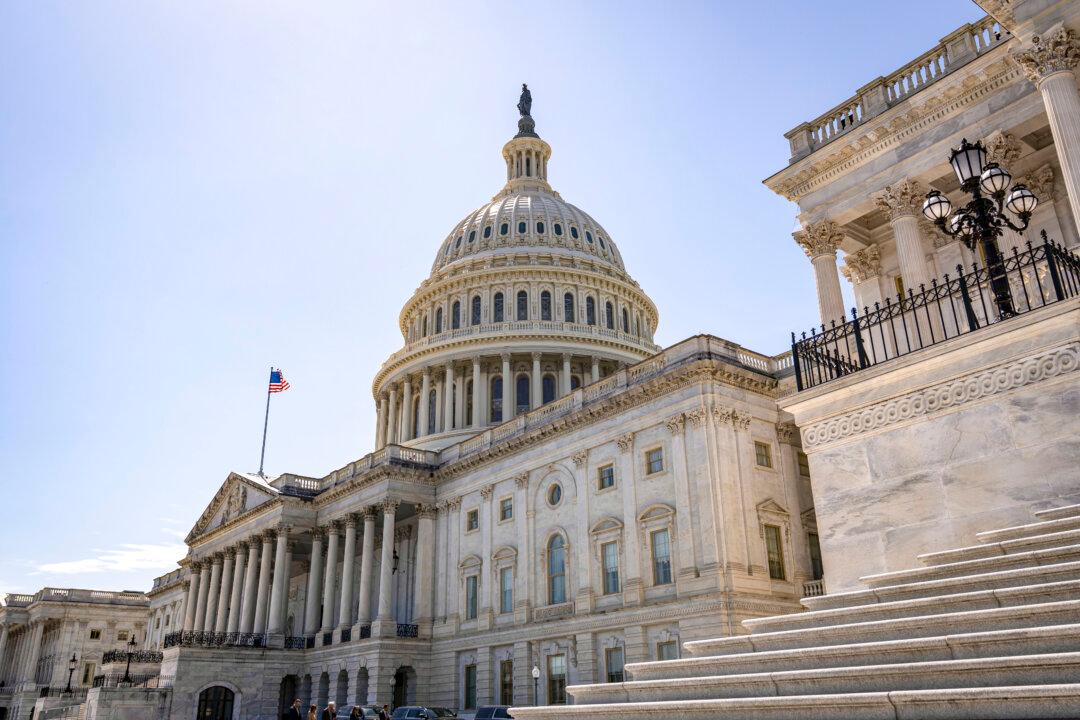House Democrats have introduced a resolution that reaffirms the right to “emergency health care, including abortion care,” in response to a Supreme Court case that drew attention to the issue in June.
The “Reaffirming Emergency Abortion Care for All” resolution aims to emphasize that federal law “guarantees” abortions to women in medical emergencies, regardless of where they live, Rep. Emilia Sykes (D-Ohio) said Thursday in announcing the measure.





